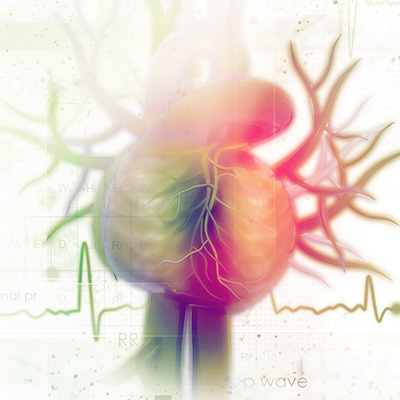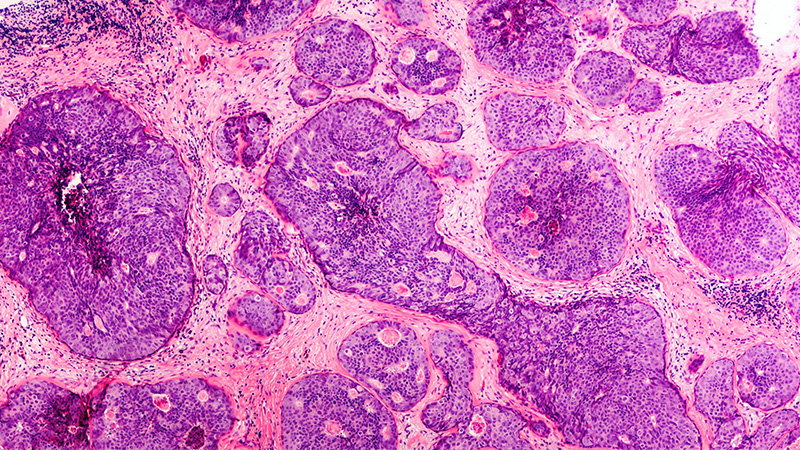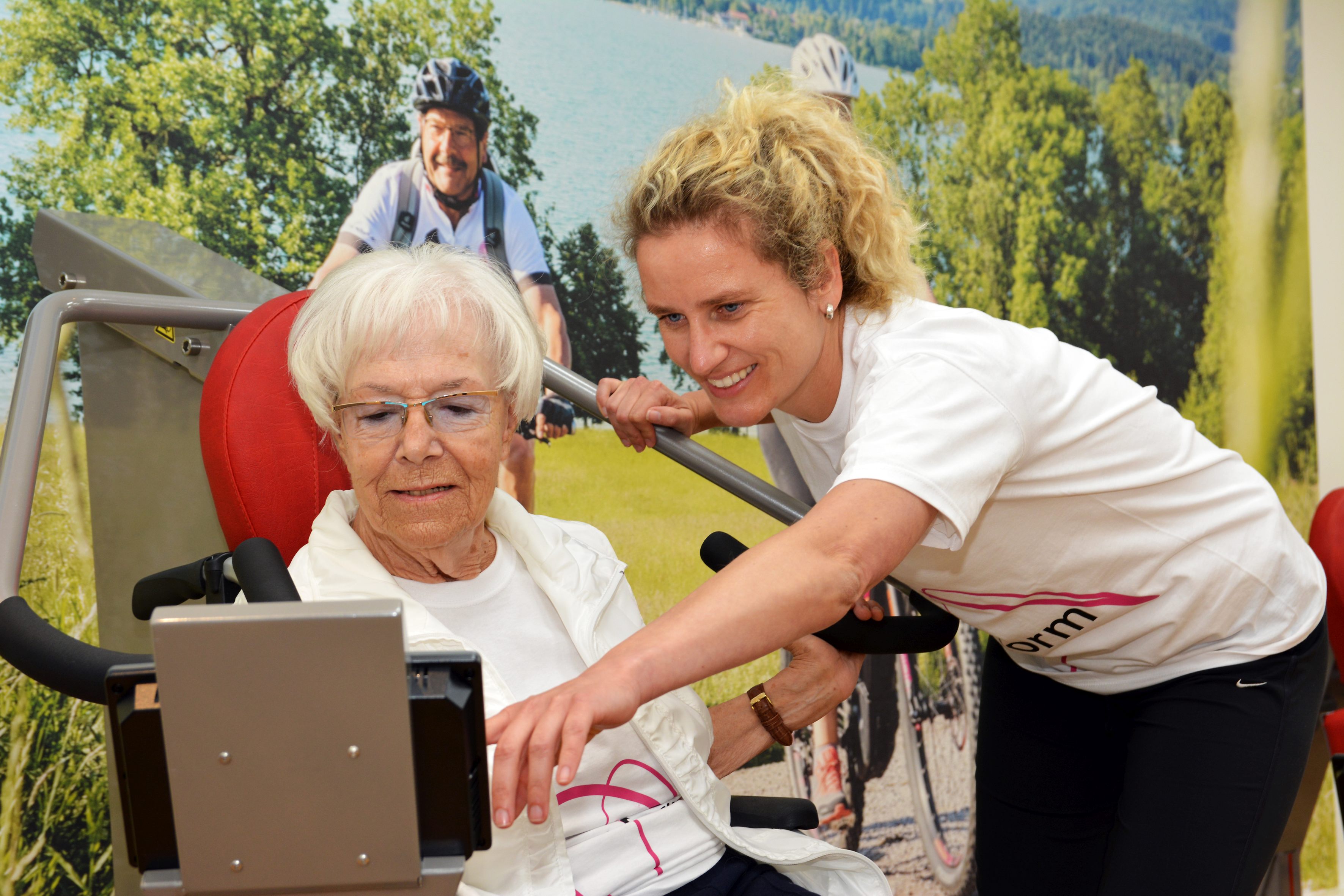Cardiology and Metabolism
The CAESAR-project
![[Photo credits:Deagreez, iStock] The CAESAR-project](/images/teaser/teaser-research-studies-cardiologie-caesar_istock-932353466-deagreez.jpg)
Elevated serum cortisol levels in patients with endogenous Cushing's syndrome often lead to persistent muscle weakness (myopathy) even despite a curative surgery, which could be counteracted by systematic physical exercise training.
CAESAR is a randomized controlled trial investigating the use of strength training in the treatment of Cushing-associated sarcopenia
Research question and aim
In cooperation with the Medical Clinic for Endocrinology (LMU Munich, Prof. Dr. Martin Reincke), the DFG-funded randomized controlled exercise study CAESAR will investigate how patients with an endogenous Cushing's syndrome benefit from a structured and supervised 6-month endurance and strength training program. The study will contribute to a better understanding of Cushing's associated myopathy and the effects of physical training on muscle function in these patients.
In total, 42 patients from three different patient groups will be recruited. Therefore, the study will include each 14 surgically treated patients with Cushing's syndrome, either directly at the time of surgery or already in long-term remission (at least 24 months after successful surgery), and 14 patients with metabolic syndrome, in which similar metabolic and muscular alterations are frequently present. Half of the patients will receive the partly supervised and partly home-based 6-month training directly at the beginning of the study, the other half will initially receive only general exercise recommendations and will start with the training program 6 months later.
The aim of the CAESAR study is to investigate the benefits and effects of structured training on muscle strength in Cushing's syndrome patients and to determine the most effective starting time for exercise training in therapeutic treatment.
In addition to strength and physical function tests, as well as cardiopulmonary exercise testing to assess exercise capacity, further examinations are carried out to determine the effects of training on metabolism and inflammation in musculature and blood, as well as on the function of the heart. Furthermore, the effects on quality of life and psychological well-being are determined by questionnaires.
Results
The study is currently in the recruitment phase and we are still looking for participants.
Contact
Interested patients with Cushing's syndrome or metabolic syndrome can contact:
Stephanie Zopp
LMU Klinikum Innenstadt
Endokrinologische Ambulanz/Cushing-Ambulanz
Ziemssenstr. 5, 80336 Munich, Germany
Phone: 0049-89/4400-57333 (Mon-Fri from 1p.m.)
Präventive Sportmedizin
und Sportkardiologie
Am Olympiacampus 11
D-80809 München
+49 (0)89-289 244 41
sportmed@mri.tum.de







